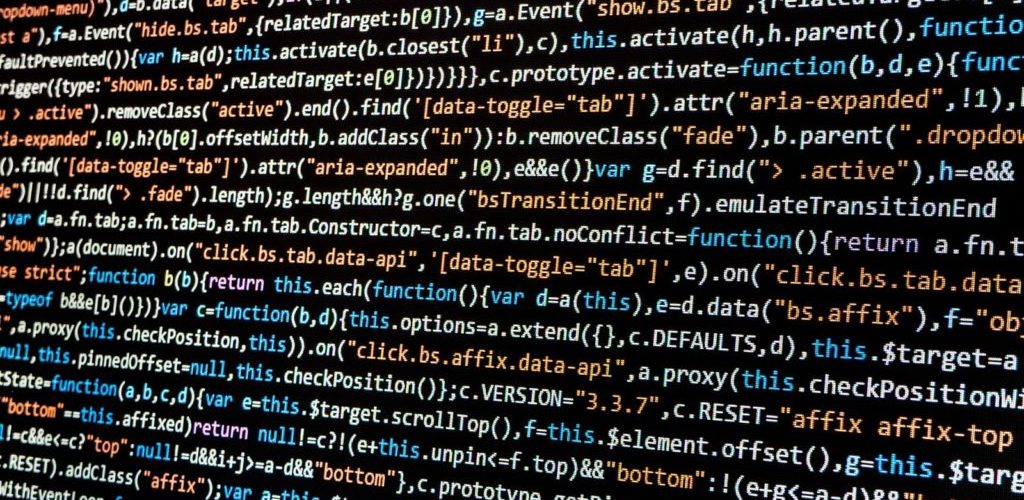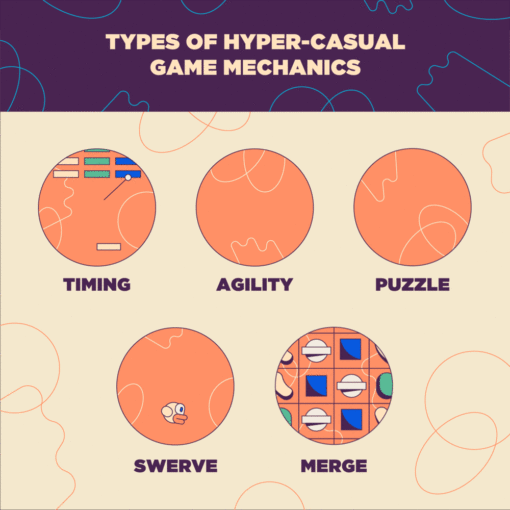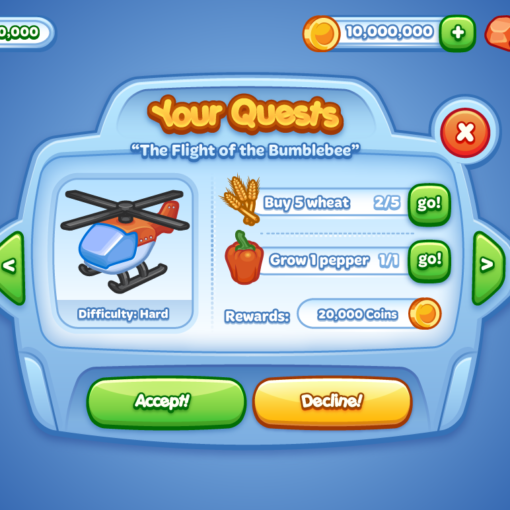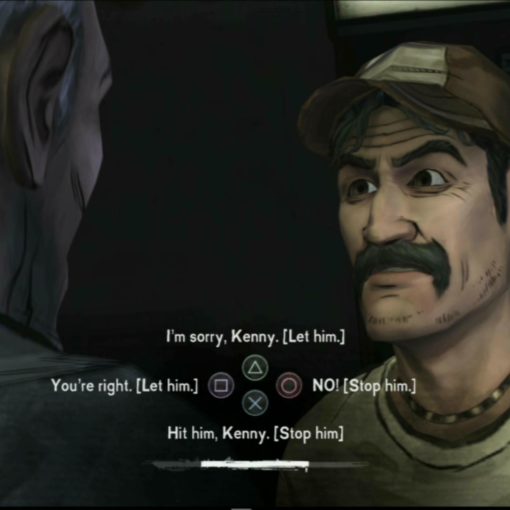This reading log entry responds to the following assigned articles:
Douglas Rushkoff, “Purpose,” excerpt from Program or Be Programmed. (Assigned for 9/4)
Tasneem Raja (2014) “We can code it! Why computer literacy is key to winning the 21st Century,” Mother Jones, June 2014. (Assigned for 9/9).
After you have read through these readings, please write a short, personal response to the reading. In your response, at a minimum, you should comment on at least two interesting, confusing, or controversial ideas that you took away from one of the assigned articles. Your reading log entry should be between 200 and 300 words, but you should feel free to write a longer response if you have much to say.





Programming/coding has become something like a magic incarnation as of late. People turn on their computers without knowing anything about it. If I ask someone what their GPU is, most people will not know what I am talking about at all (GPU = graphics processing unit) much less what recursion is. Learning programming is important even if its just to teach one how to think logically. That being said I don’t think everyone should become comp sci majors, but instead it should be apart of high school or even lower school curriculum. Now that I’m done ranting lets get on… Read more »
Programming/coding is something everyone desires to want to know, but struggles to understand. Coding is like the fusion of math, science, and a foreign language. The sad thing about it is clunky, confusing, and can brick your computer if not done well. I’ve met many programmers in my life and one key aspect I’ve learnt is that you either have the skill and drive, or you don’t. In addition the best way to try and learn it is to self teach yourself, and then take classes on it. If you can’t teach yourself the basic concepts coding probably is not… Read more »
Articles like these always make me a little bitter towards my own childhood education. I remember being led into a computer lab with the rest of my second grade (and third grade, and fourth grade) class and being taught how to type, over and over again, every single month. I had been using a computer at that point for literal years, and yet we were being led through the same programs and lessons on where to place your hands on the keyboard and what letters were where rather than anything close to coding. Of course these classes were useful, especially… Read more »
I liked a lot of what “Purpose” had to say, but I did not expect it to say that based on how it started. The excerpt began by introducing the idea of a short supply of programmers for government projects and from there it went on to talk about how the lack of people learning how to code has led to a societal view of technology that likens it to mystic arts too complex for the average person to comprehend. Rushkoff goes on to say that since so few people know what goes on behind their computers and other devices,… Read more »
In reading Raja’s article, the two ideas that immediately popped into my mind as I was reading the article was first, the lack of any type of programming or coding education in my own high school, and second, the annoying repetition of the famous remark that anyone can learn to code as it is basically like learning another language — starting with my first remark, similar to Sydney’s comments on having this sense of bitterness towards one’s own childhood education, and the lack of any type of coding or programing lessons during computer lab sessions. I would also have to… Read more »
Okay, so this ended up being pretty long, so I want to give the option of only reading the bits specifically about the readings, instead of all my tangents. If you want to read the truncated version of my reading log, you can read up until the * in the second paragraph, and then start again for the third, skipping again when you reach the Post Script. Hope that makes this easier! Honestly, I genuinely loved the reading by Douglas Rushkoff! It actually kind of made me itch to get back into programming again. I fell in love with programming… Read more »
When it comes to the purpose reading, I found personally that the name of the game is involvement. I love computers and I love cars, but let’s face it: Cars objectively are more physically involved to work on. This is not a matter of dexterity, strength, or brute force. Both require problem-solving skills, both take an affinity for the work, and both can be taught visually or through books. But the difference between coding a game and fixing a car is the amount of physical immersion. I can think of hundreds of similarities between the act of fixing a car… Read more »
This summer was the first time that I’ve ever tried to code anything seriously. It left me with some pretty big takeaways: one, that coding is not always the kind of unintelligibly dense magical code that I used to take it for, and two, that once I knew the building blocks of it, there wasn’t a lot that I couldn’t do if I was creative with it. As someone who genuinely enjoys cooking, Raja’s analogy of computational thinking as being akin to cooking with a bare pantry makes perfect sense to me. Void Quest, the game that I created over… Read more »
The first article I read was “We can code it! Why computer literacy is key to winning the 21st Century,” by Tasneem Raja. I really enjoyed reading her comparison of coding with cooking, on how creating something consists of steps and different “ingredients.” For coding this can be basic algorithms and principles. She also emphasized how important it is to start with a project with an idea and creativity. She mentions how important is to learn how to code since we are young and teach the new generations the logic behind computers. On my personal experience, I used that same… Read more »